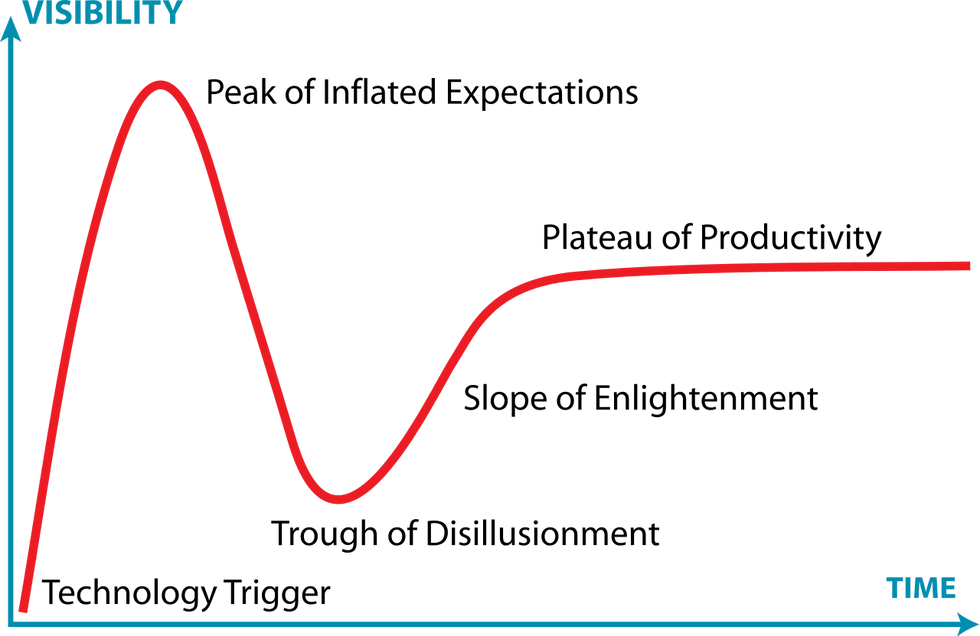Book Review: Good to Great
- Joe
- Nov 25, 2018
- 2 min read
Good to Great is, as the title suggests, a book that discusses the process of going from “good” to “great.” To evaluate this, Collins and his research team narrowed down to a list of companies that had “good” stock returns for an extended period of time, then grew to have an extended period of “great” returns. The content of the book is certainly interesting. At every step, when Collins justifies the importance of whichever principle he’s trying to emphasize, he supports it with plenty of anecdotal evidence. It makes the book engaging, but still informative. It’s easy to see that the researchers did their homework.
An interesting wrinkle of the book is the companies chosen. Some of them, like Kimberly-Clark, are still going strong today. But others, like Circuit City, are (sometimes famously) out of business. Given that some of my first awareness of the stock market was when Circuit City went bankrupt, it was interesting to read about all of their success in the book.
As a corollary thought, reading a book that makes predictions based on principles is most useful about 10 or more years after the fact, when the reader has the luxury of reading those predictions in light of what actually occurred.
The writing style is incredibly clear. Collins does a good job of explaining new concepts effectively with metaphors that are clear and memorable. With some books, I find myself having to review the metaphors as I go along; not so with Good to Great. Overall, it was a fun book to read.
My biggest takeaway from the book was to not rush. Whether it was about hiring the right people, reacting to new technology, or developing a proper mission and vision, the underlying theme of the book was that great companies take their time to do things right.
My favorite part was how “data driven” the book was. Now, I put data driven in quotes because it wasn’t a proper data analysis. But all of the arguments were well justified with evidence, and Collins was forthcoming about finding surprising outcomes. My favorite parts of the book were the moments when Collins explained his expectation, then how the data suggested something else. Every part of the book is justified consistently with evidence.



Comments